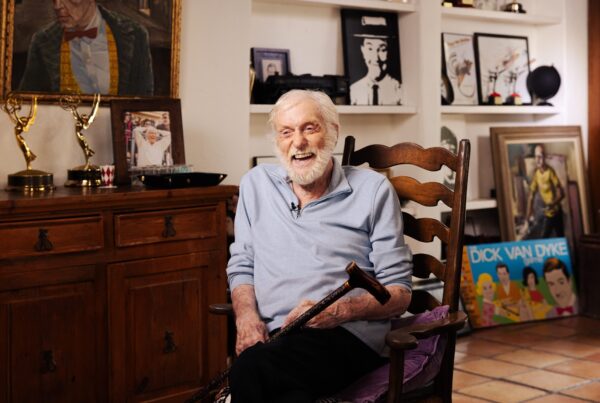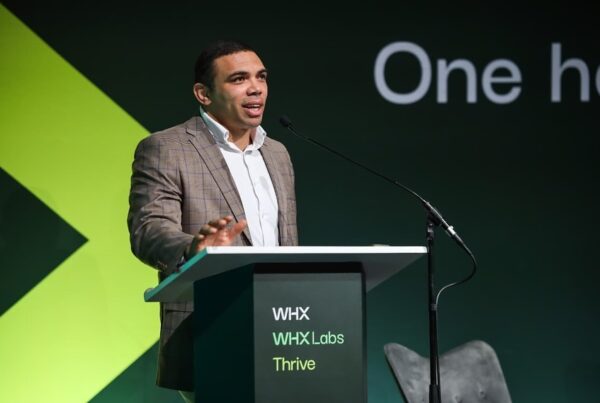A boom in mental wellness apps
From simple offline mindfulness apps and online communication tools to AI chatbots that can check in with you for free if you’re struggling with your mental health, there’s a proliferation of apps to boost mental wellness and more are on the way. In fact, all eyes are currently on industry giants offering genuine over-the-phone therapy. But that’s a detail for another article.
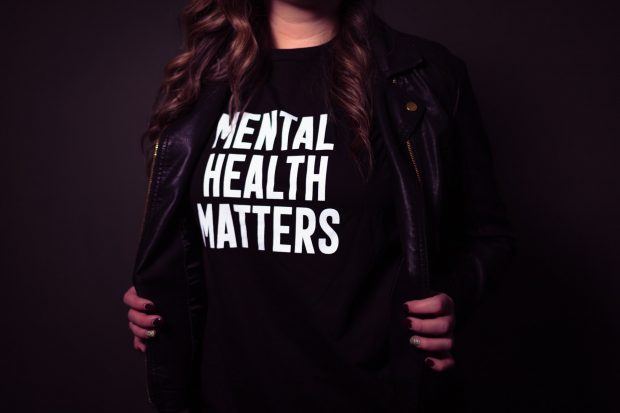
Photo by Matthew Ball on Unsplash
Apps are here to stay
While apps can be amazing support tools, they’re not necessarily a silver bullet for all mental health conditions. The role of face-to-face psychiatrists, psychologists, and even counselors is still critical for millions.
In fact, the Journal of Clinical Psychology Reports reports that people are bringing their apps, sleep-tracking devices, and activity-monitoring devices to their psychiatrists to ask for a professional opinion on their use, in the same way many patients bring Internet resources and Google searches to physicians for second opinions.
There are more than 165,000 mobile applications available for health care, with the largest category for people with mental health disorders. Those who oppose apps believe the use of new technology creates consumer uncertainty and confusion. These apps manage everything from addiction to depression and schizophrenia.
Challengers say there’s no requirement for industry regulation or research and a plethora of opinions and reviews on app effectiveness, which results in confusion as to which apps are effective and which should be utilized.
A therapeutic approach
Despite the rocketing growth so far, virtual therapy is still relatively new. To help consumers make sense of the many different apps, websites such as bestonlinetherapy.com have been launched. For example, this platform compares and analyzes online therapy options to help people find the best online therapy site.
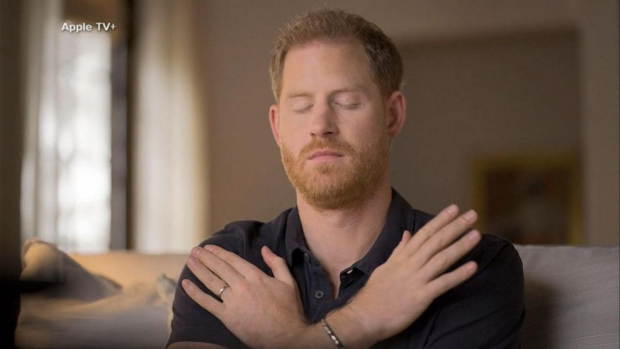
Prince Harry sharing his meditation insights and mental health
Celebrity Support for Mental Health
Apps like Talkspace and BetterHelp became popular because they’ve helped make therapy more mainstream. Much of this success is due to influencers and celebrities endorsing mental health solutions. A-list celebrities such as Demi Lovato, Michael Phelps, and Ariana Grande have partnered with Talkspace
Speaking up about their own mental health challenges
It seems to help when celebrities share their own struggles openly. Sharing in a real and honest way makes it easier for millions of people to reach out for help too. Take, for example, Prince Harry speaking out on his own mental health challenges and what he’s doing to address them. Many were surprised to hear about the royal prince’s struggles and could relate them to their own.
Of course, celebrities don’t always get it right. However, as they encourage public discussions, even about difficult or controversial subjects, this raises awareness.
Beware!
It’s not all plain sailing, though. When celebrities are perceived to be taking advantage of a tragedy or trauma, social media and the public hold them to account. Take, for instance, Travis Scott’s PR stint following the aftermath of his devastating Astroworld performance that took the lives of 10 festival-goers. A BetterHelp partnership was signed, offering a free month of therapy to witnesses and victims.
A public backlash
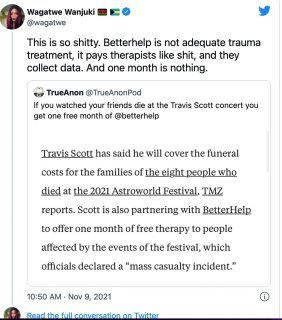 His initiative received backlash for a few reasons. Much of the focus was on the idea that one month of therapy is not going to fix the scale of the mass trauma. It also highlighted an unease that celebrities could use mental health as a way to boost their own PR and potentially even profit from a tragedy he was accused of creating.
His initiative received backlash for a few reasons. Much of the focus was on the idea that one month of therapy is not going to fix the scale of the mass trauma. It also highlighted an unease that celebrities could use mental health as a way to boost their own PR and potentially even profit from a tragedy he was accused of creating.
Influencer Marketing
It’s often difficult to know the real intentions of a celebrity promoting any product or service, let alone an online therapy service. However, it can be argued that it doesn’t matter – like the person that donates large amounts to a charity for their own ego or recognition. Surely, it’s still doing more good than harm.
The bottom line
Influencer marketing is here to stay. Whilst users are becoming more competent at critical thinking when it comes to deciphering hidden adverts and phony products, influencers still influence. Paying celebrities is a very direct way to gain the trust of a large audience, who trusts the celebrity. Added to this, the results of the marketing investment are more directly measurable, unlike a generic TV advert.
We will likely continue to see more partnerships with celebrities and mental health services. They will also continue to be put under the microscope just as much as they encourage people to seek help. And, whilst celebrities can sometimes lose touch with much of reality as they grow their fortunes and fame, the one area in which they will always be relatable is when they share the same mental health challenges.
Main photo credit: Demi Lovato/Facebook



 :
: ![women [longevity live]](https://longevitylive.com/wp-content/uploads/2020/01/photo-of-women-walking-down-the-street-1116984-100x100.jpg)





